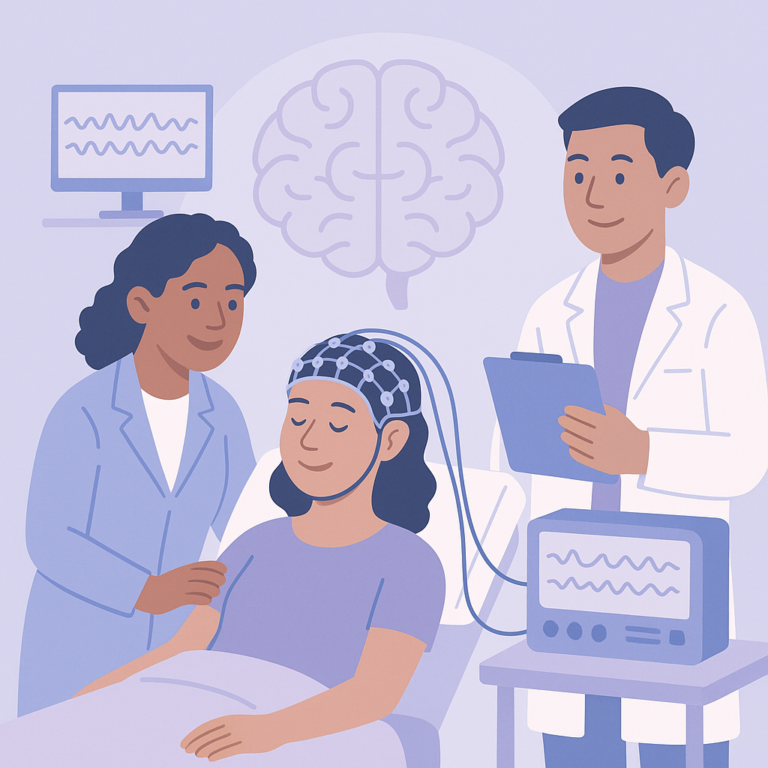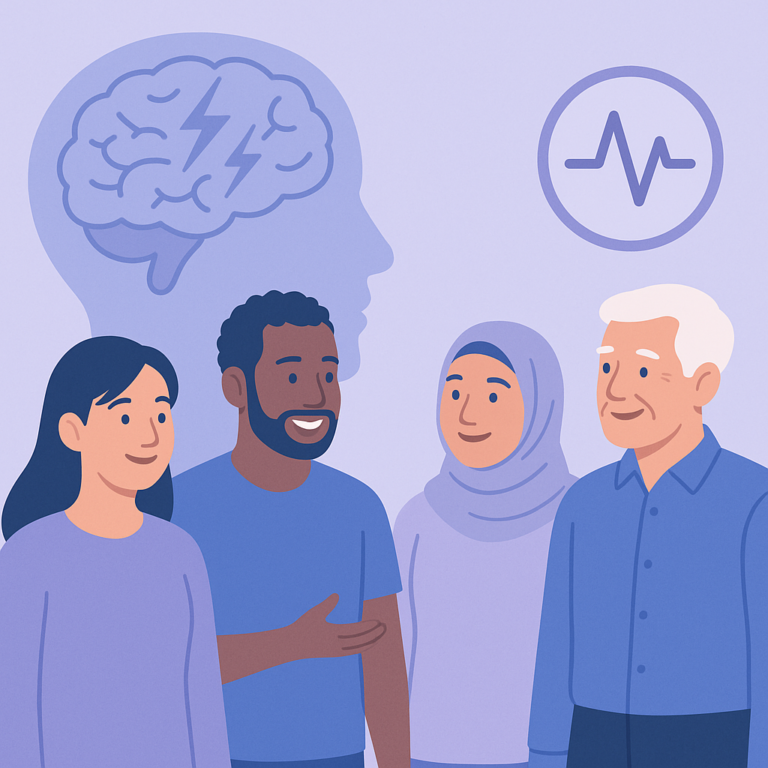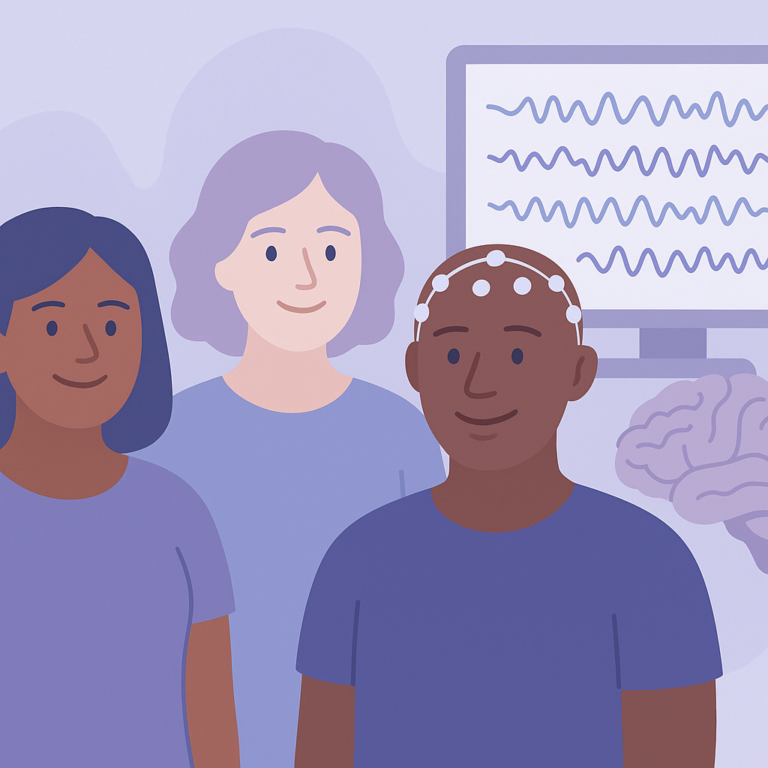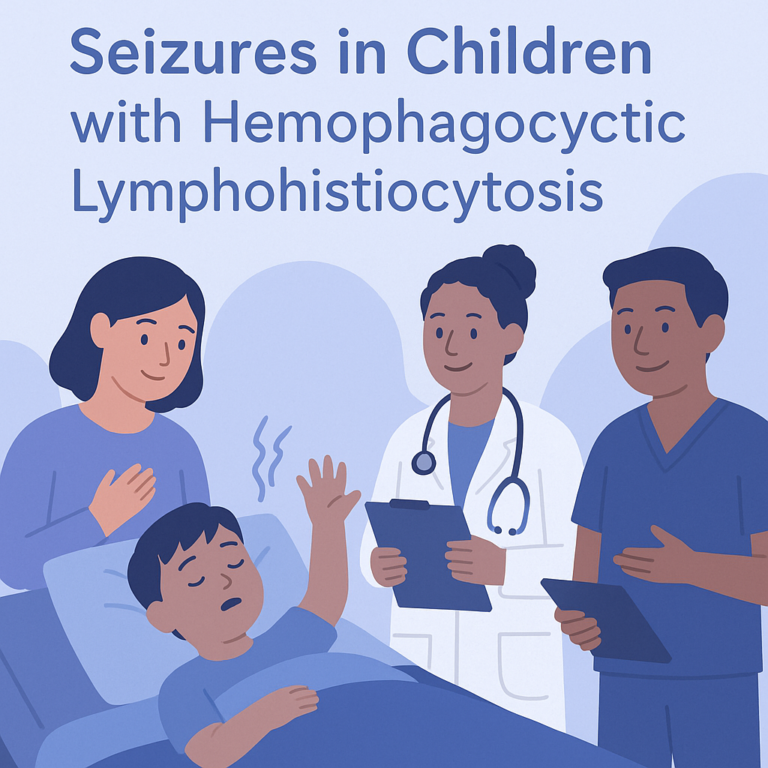Thalamic StereoEEG Helps Manage Epilepsy in Clinical Settings
Researchers studied the use of a specific type of brain monitoring called thalamic stereoEEG in people with epilepsy.

Researchers studied the use of a specific type of brain monitoring called thalamic stereoEEG in people with epilepsy.

Researchers studied the characteristics and risk factors for developing epilepsy in people who had autoimmune or infectious encephalitis.

The I-ACQUIRE Phase 3 trial studied infants and toddlers aged 8 to 36 months who had experienced perinatal arterial ischemic stroke, which can lead to movement difficulties and other disabilities.

Researchers studied 47 patients with drug-resistant temporal lobe epilepsy and hippocampal sclerosis who were undergoing surgery to help control their seizures.

Researchers studied the stigma faced by people living with epilepsy in Nigeria.

This study looked at the effects of a medication called cenobamate on young adults with tuberous sclerosis complex (TSC) who have epilepsy that does not respond to other treatments.

A recent study looked at how well a mindfulness training program delivered through an app could work for adults with epilepsy in mainland China.

This study focused on children with hemophagocytic lymphohistiocytosis (HLH), a serious condition that causes severe inflammation and can affect the brain.

Researchers studied the effectiveness of using common clinical characteristics to predict the results of genetic testing in adults with epilepsy.